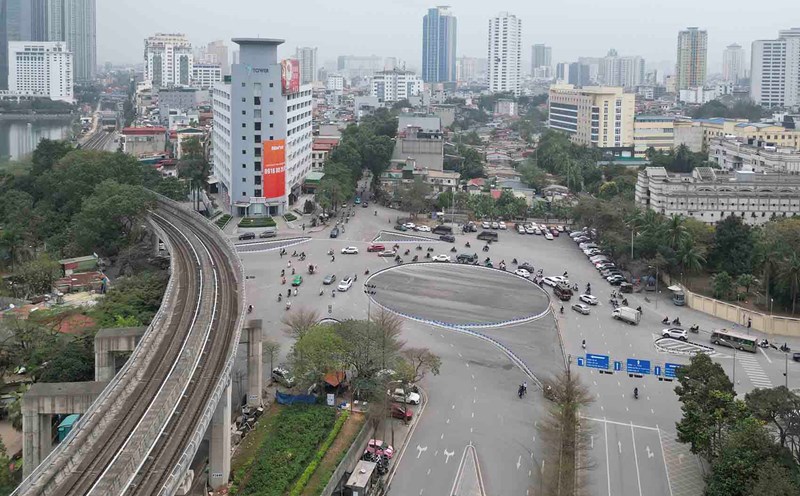Towards the position of an emerging consumer center in Southeast Asia
According to Mr. Do Thien Anh Tuan - Lecturer at the School of Public Policy and Management, Fulbright University Vietnam, Ho Chi Minh City not only aims to become a leading shopping and consumption center in Vietnam but also aims for international stature. The consolidation of the development space with neighboring provinces such as the old Binh Duong and Ba Ria - Vung Tau will be an important turning point, helping to significantly strengthen the economic position of this super city.
Currently, Ho Chi Minh City accounts for about 25% of total retail sales of goods and service revenue nationwide, a clear demonstration of the city's leading role in demand nationwide. However, Mr. Tuan also pointed out that inter-regional connectivity has been still disjointed in recent times, not enough connectivity to effectively exploit the advantages of the key economic region in the South, especially in the field of trade and services.
The commercial infrastructure is still quite modest at 400 traditional markets, mainly class 3 markets, while the number of supermarkets and modern shopping malls is not commensurate with the position of Ho Chi Minh City if compared to major cities in the region such as Bangkok, Kuala Lumpur or Singapore - Mr. Tuan commented. In addition, human resources in the fields of trade, services and logistics are still lacking in both quantity and quality.
Mr. Tuan said that among all the obstacles, institutions are the biggest challenge. Without a synchronous mechanism and infrastructure, there is a risk of "re-opening old wines" - that is, expanding geography but still maintaining the way of making fractions and cutting down, which will significantly reduce the resonance power and total growth force.
From changing habits to building digital financial infrastructure
Not only physical infrastructure, Ho Chi Minh City also faces another difficult problem, how to comprehensively digitize the operations of hundreds of thousands of small traders and individual business households - important linkages in the urban consumption chain.
The biggest obstacle in the digital transformation process of small traders today is not entirely technology, but mainly operational habits. The lack of appropriate tools and software skills makes it difficult for them to control cash flow, plan finances and expand scale.
Many traders are still hesitant to change, prioritizing using cash to save costs in the short term. However, this method takes them a lot of time, easily distorts data and lacks data to access credit. To change that habit, a reasonable roadmap, simple tools and the support of easy-to-reach digital platforms are needed...
In the context of increasingly fierce regional competition, Ho Chi Minh City cannot rely solely on the scale of the domestic market. Upgrading trade infrastructure, removing institutional barriers, promoting large-scale digital transformation are mandatory conditions if the city wants to realize its dream of becoming a leading consumer and service center in Southeast Asia.











